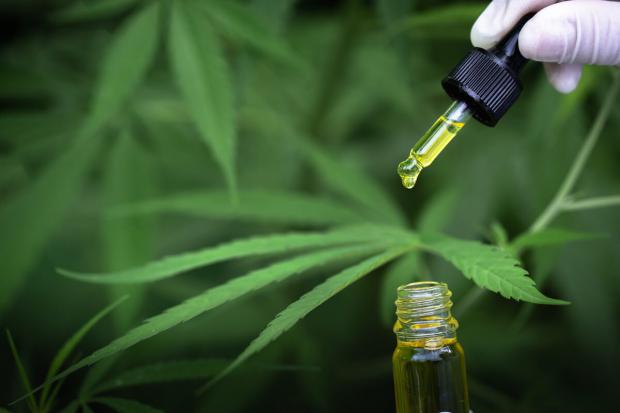
Breaking News
 70% of the food that we eat is ultra-processed. It's not really food - it's poison.
70% of the food that we eat is ultra-processed. It's not really food - it's poison.
 No one had more insider information than Jeffrey Epstein,...
No one had more insider information than Jeffrey Epstein,...
 What's REALLY Behind Mexico's Cartel Wars?
What's REALLY Behind Mexico's Cartel Wars?
 Under Siege, Silver Dave: Locked in Puerto Vallarta
Under Siege, Silver Dave: Locked in Puerto Vallarta
Top Tech News
 New Spray-on Powder Instantly Seals Life-Threatening Wounds in Battle or During Disasters
New Spray-on Powder Instantly Seals Life-Threatening Wounds in Battle or During Disasters
 AI-enhanced stethoscope excels at listening to our hearts
AI-enhanced stethoscope excels at listening to our hearts
 Flame-treated sunscreen keeps the zinc but cuts the smeary white look
Flame-treated sunscreen keeps the zinc but cuts the smeary white look
 Display hub adds three more screens powered through single USB port
Display hub adds three more screens powered through single USB port
 We Finally Know How Fast The Tesla Semi Will Charge: Very, Very Fast
We Finally Know How Fast The Tesla Semi Will Charge: Very, Very Fast
 Drone-launching underwater drone hitches a ride on ship and sub hulls
Drone-launching underwater drone hitches a ride on ship and sub hulls
 Humanoid Robots Get "Brains" As Dual-Use Fears Mount
Humanoid Robots Get "Brains" As Dual-Use Fears Mount
 SpaceX Authorized to Increase High Speed Internet Download Speeds 5X Through 2026
SpaceX Authorized to Increase High Speed Internet Download Speeds 5X Through 2026
 Space AI is the Key to the Technological Singularity
Space AI is the Key to the Technological Singularity
 Velocitor X-1 eVTOL could be beating the traffic in just a year
Velocitor X-1 eVTOL could be beating the traffic in just a year
World's Largest Real-Life Study on CBD Products Finds Improvements in Pain, Anxiety, and Sleep

Known as the ACES trial, (Advancing CBD Education and Science), participants experienced a 71% improvement in their well-being on average, while 63% experienced an improvement in anxiety and sleep quality, and 47% experienced improvements in pain levels. 61% of participants reported an effect within one to four hours of taking their product.
The group behind the trial is Radicle Science, a health-tech startup looking to revolutionize the way in which natural consumer products are studied and evaluated for efficacy.
"Radicle Science has delivered much-needed clarity to a confusing marketplace where consumers are baffled as to which products and dosages might best serve their needs," says Ethan Russo, MD, one of the study's collaborator working with Radicle. "Radicle is charting a compelling and innovative course towards offering personalized predictive data on the health effects of cannabidiol products consumed by millions of Americans every day".
And indeed it is millions. A 2019 Gallup poll found that an estimated 14%, or at least 1 in 7 Americans that answered Gallup polls, report to use CBD; mostly for pain, even though a Consumer Brand Association study in July of 2021 found that consumer knowledge of CBD is around 3.3 out of 10.
"Despite the massive and growing market size, there is still scant data on the effectiveness of over-the-counter cannabinoid products," says Jeff Chen, MD and CEO of Radicle Science.



